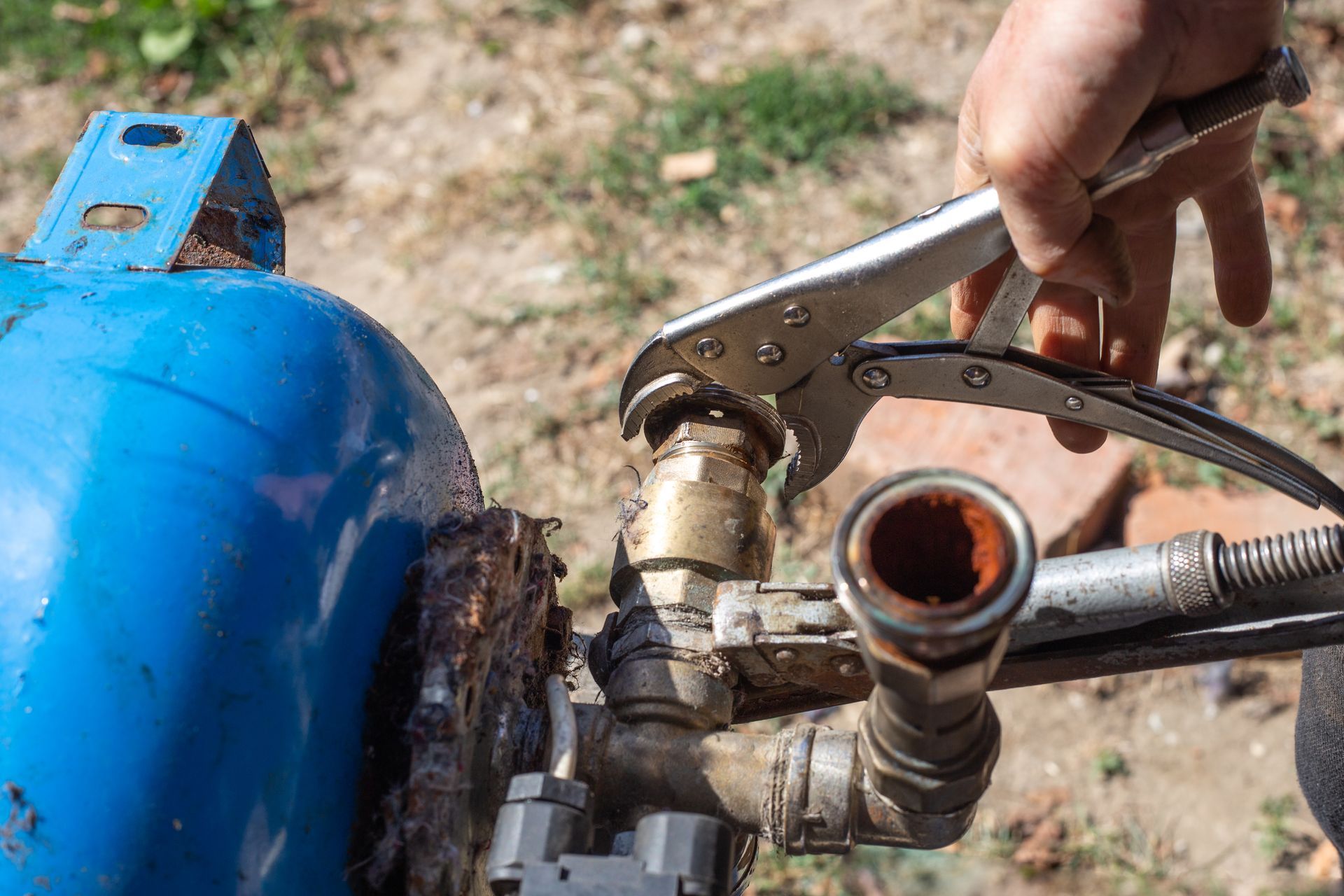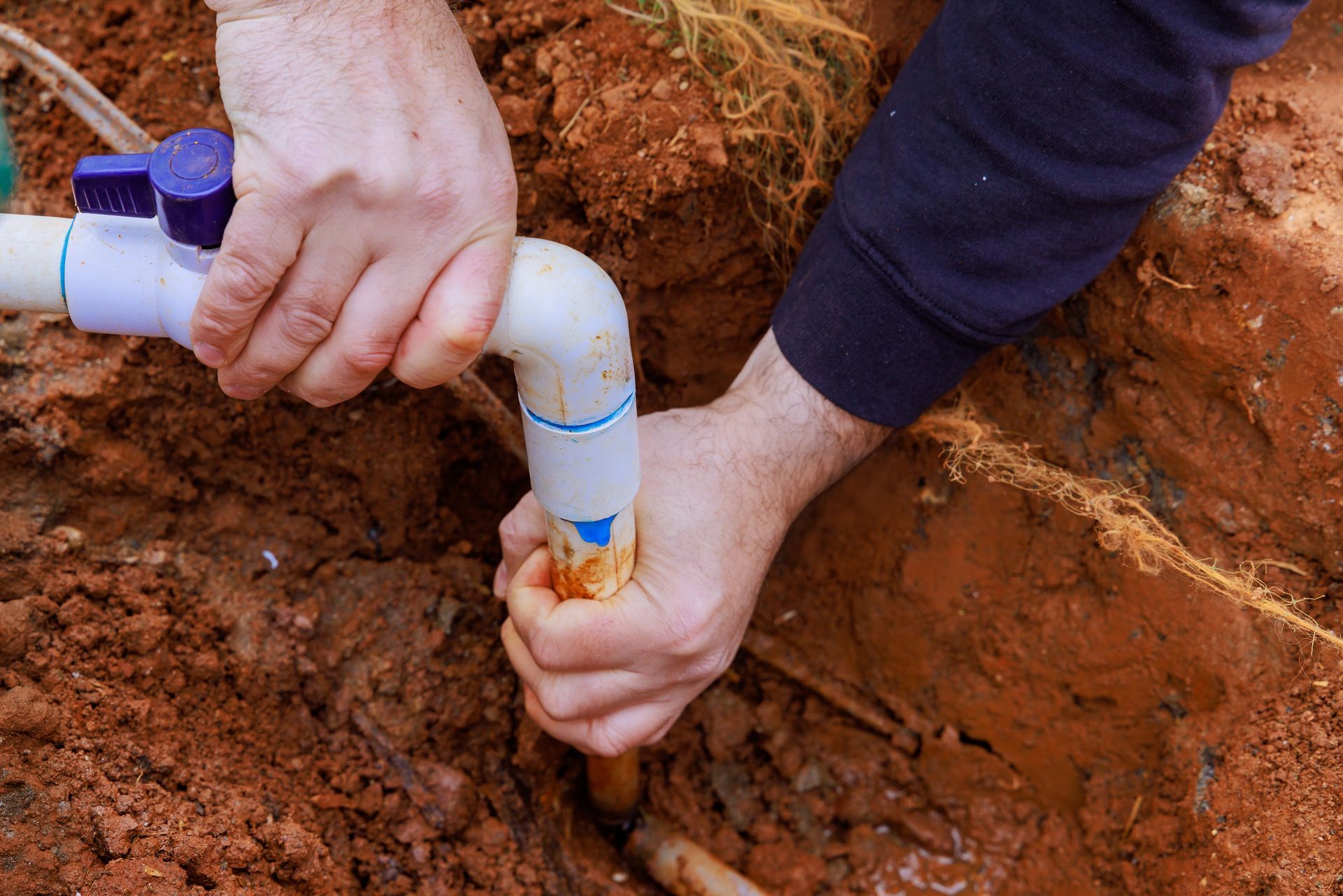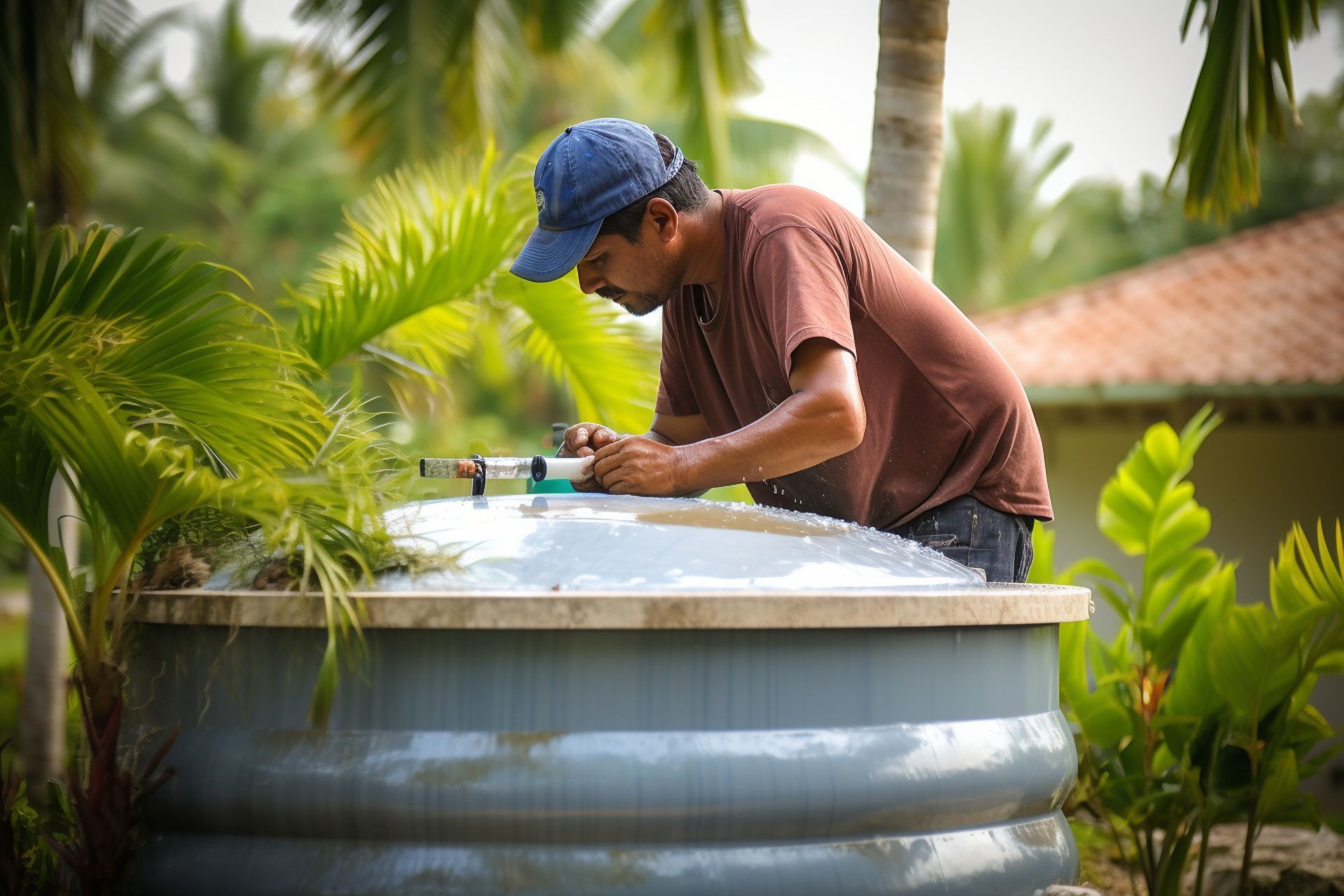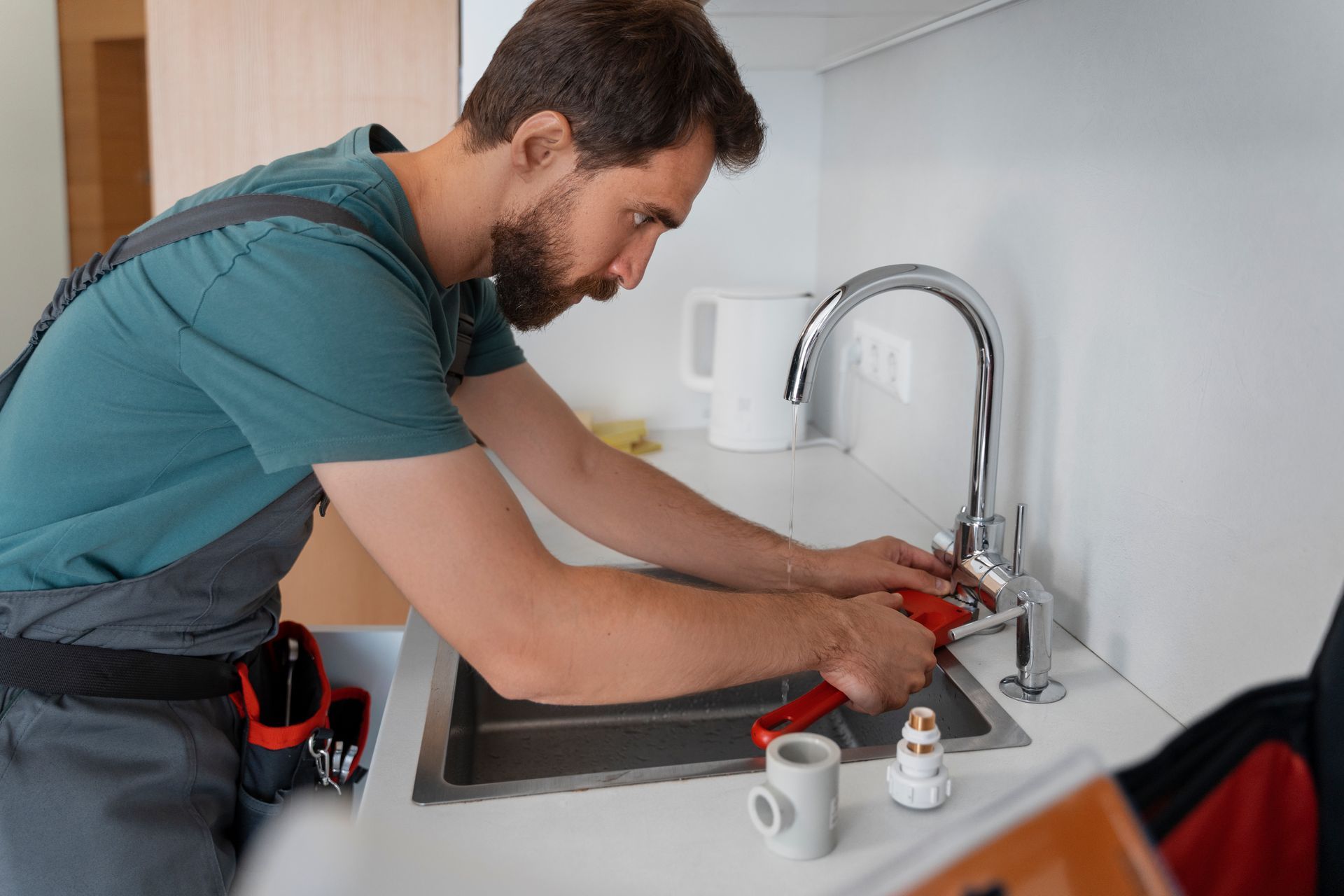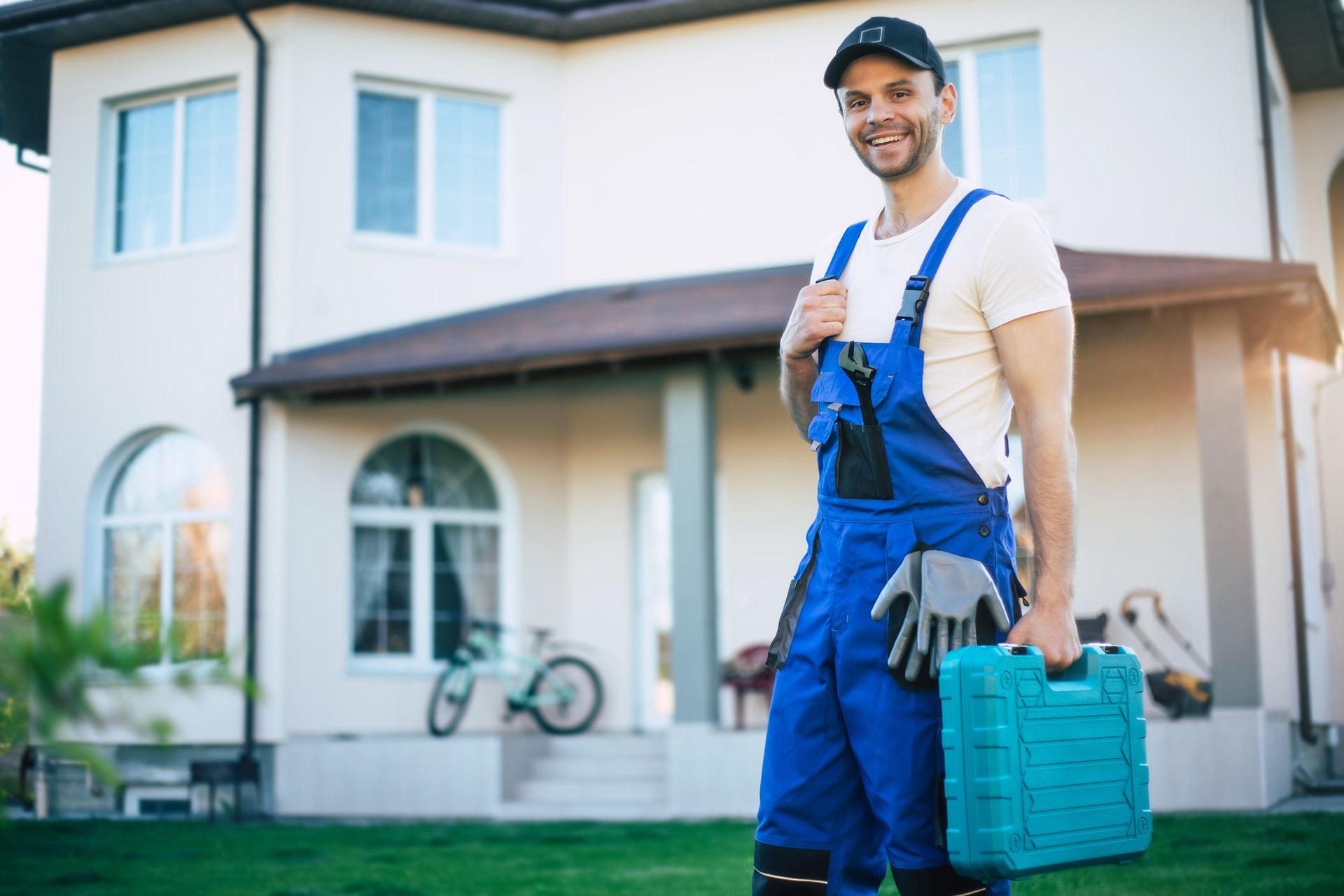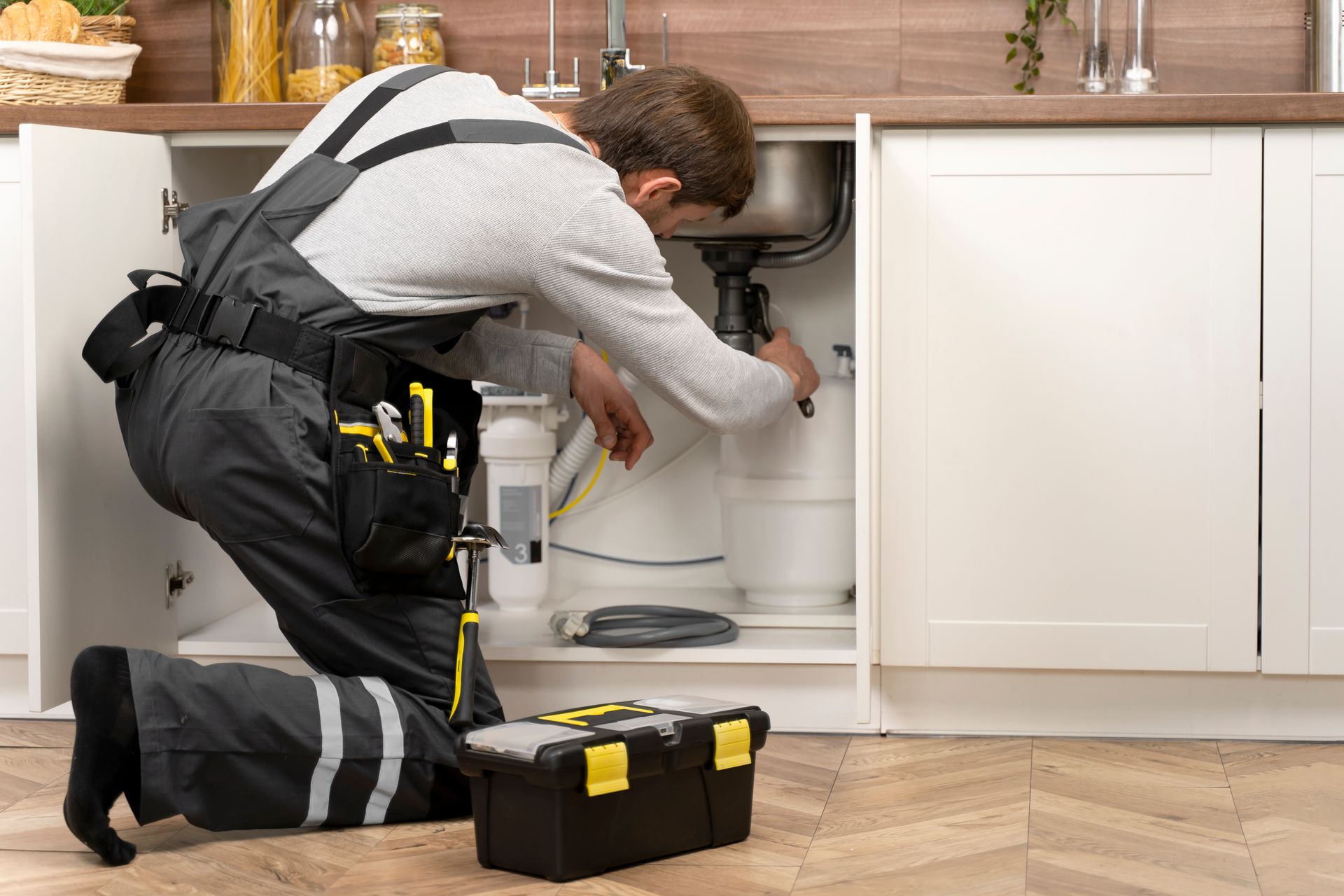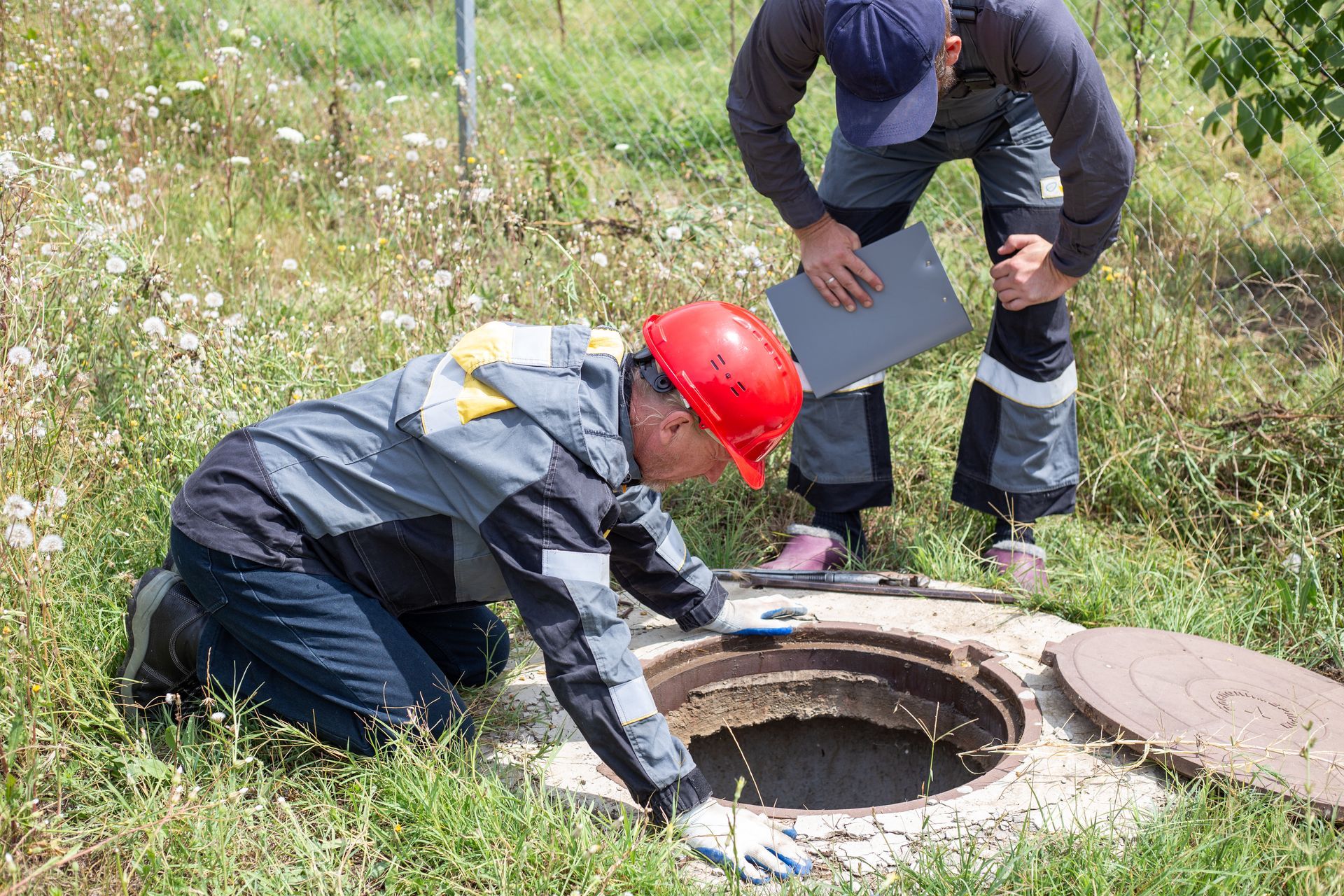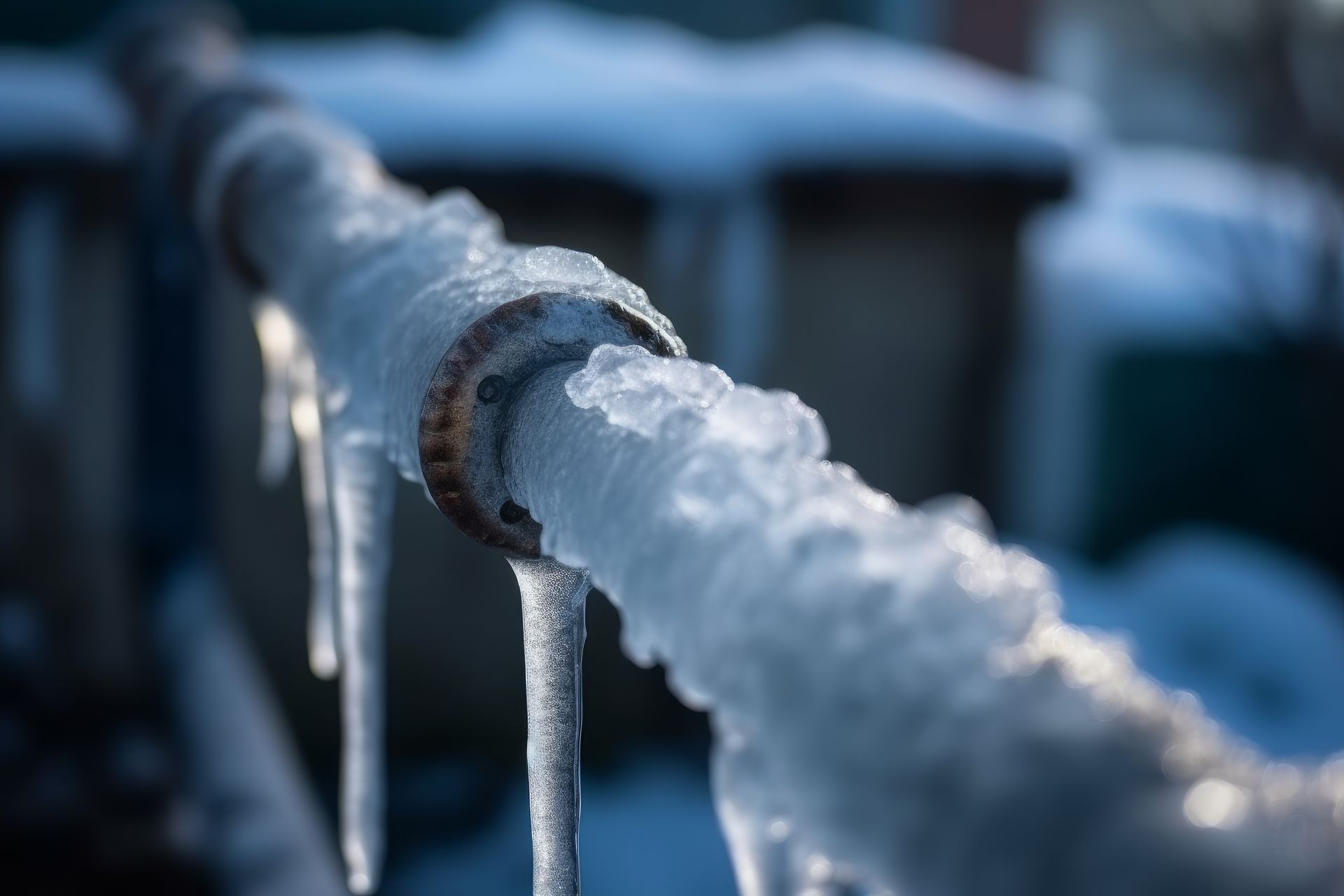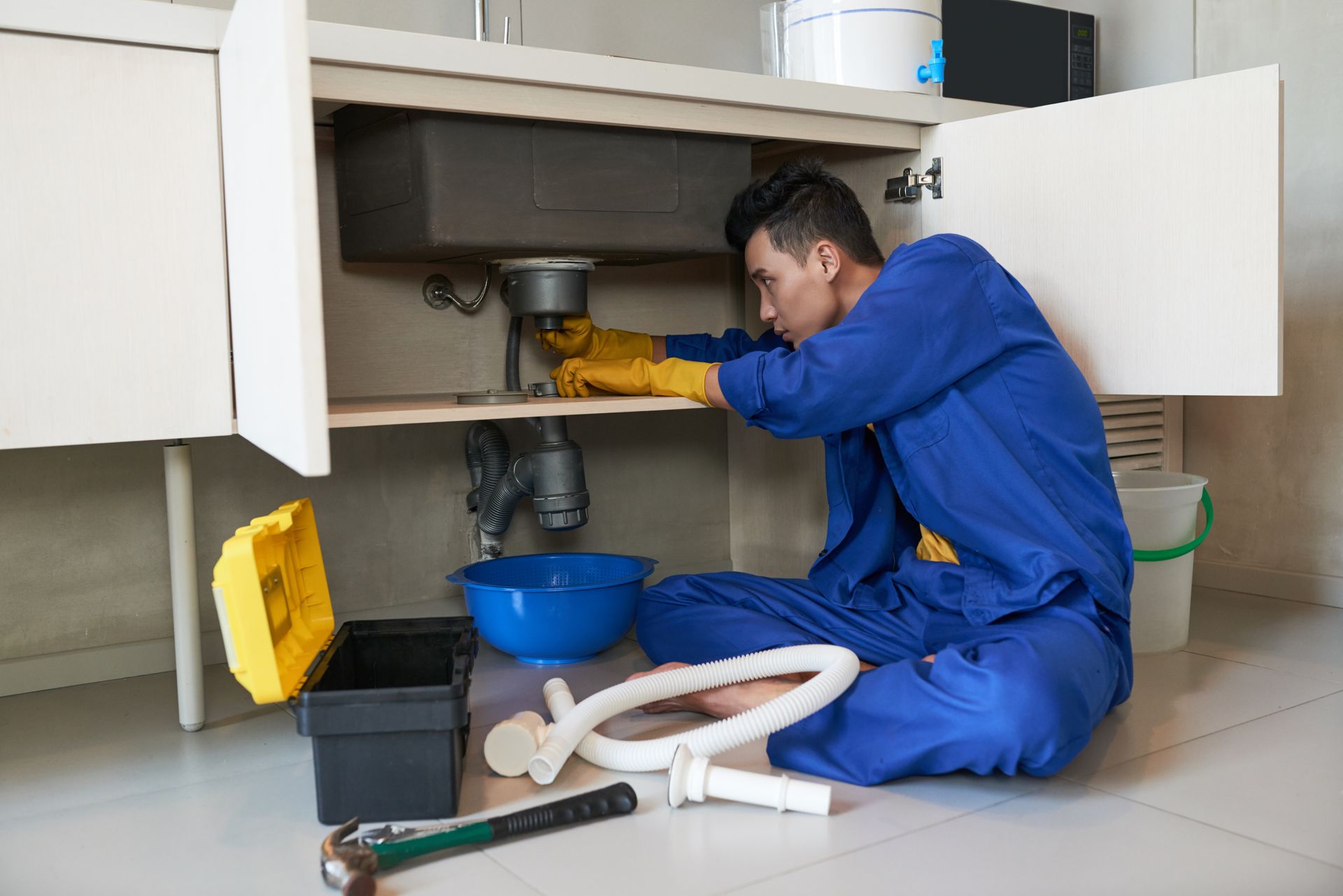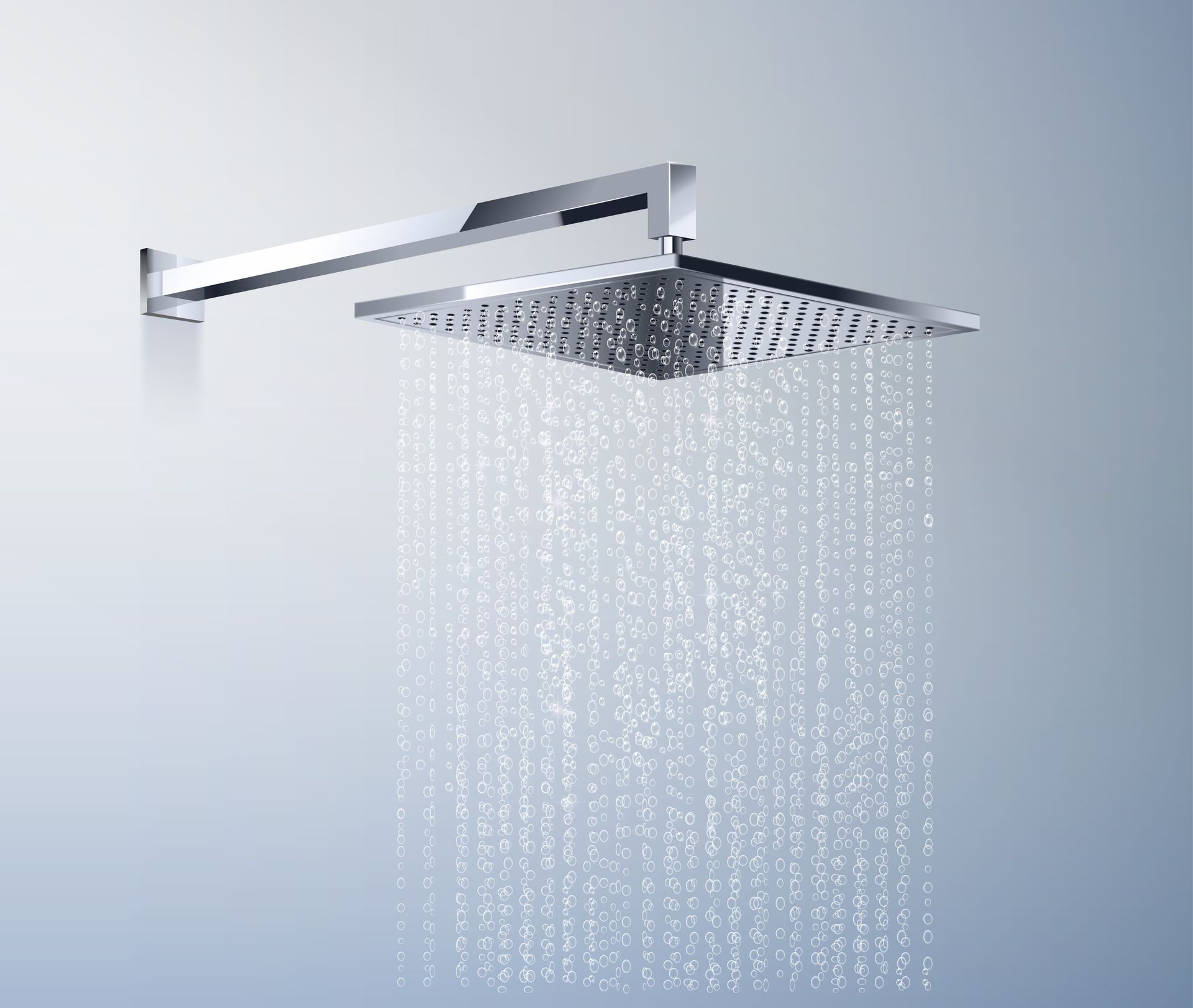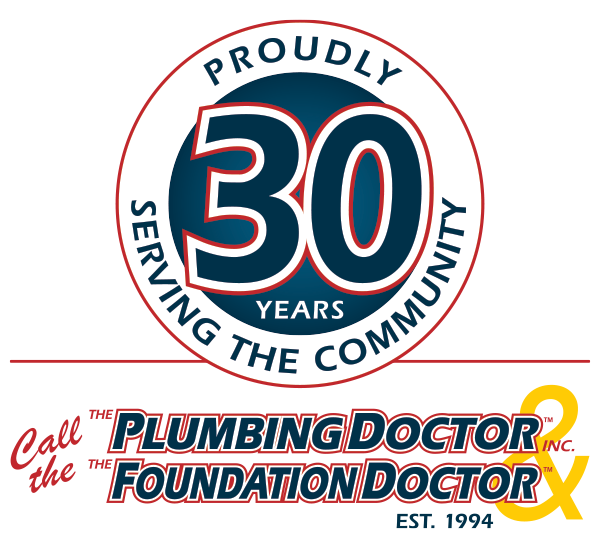Understanding Plumbing Permits: When and Why You Need One
Understanding Plumbing Permits: When and Why You Need One
Plumbing might seem like just a bunch of pipes and faucets to most people, but it's a lot more complicated and important. Just like we need rules for playing a game, there are rules for how plumbing should be done. These rules help make sure our homes are safe and our water stays clean. To make sure everyone follows these rules, sometimes you need something called a plumbing permit before you can change or fix your plumbing. Let’s dive into what a plumbing permit is, why it’s important, and when you might need one.
What is a Plumbing Permit?
Plumbing permits ensure that plumbing is installed as per Building Code. Plumbing Permits are issued by the local government.
What happens if work is done without a permit?
An individual who is charged and found guilty of completing work without a permit can be fined up to $50,000 for the first offense and up to $100,000 for a subsequent offense.
Why Are Plumbing Permits Important?
Plumbing permits are super important for several reasons. First, they help keep us safe. Water is a big part of our daily lives. We use it to drink, cook, and clean. The rules make sure this water stays clean and doesn’t make us sick. Second, permits make sure our homes don’t get damaged. Water can cause a lot of damage if it leaks into the wrong places. Lastly, having the permit means experts have checked the work, making sure it’s done right.
When Do You Need a Plumbing Permit?
1. Not every little plumbing job needs a permit. If you’re just fixing a leaky faucet or unclogging a drain, you usually don’t need one. A plumbing permit is required by law for all installations of plumbing and the replacement of any part of an existing plumbing system.Examples of when a plumbing permit is needed include:
2. Adding a new bathroom
3. A renovation that requires relocating fixtures or drain
4. Hooking up to or replacing line to city water or sewer systems
5. Installing new hot water heating system
6. Installing new irrigation system
7. A permit is required not matter who completes the work ( home owner or a plumber).
The Process of Getting a Plumbing Permit
Getting a permit might sound like a big deal, but it’s usually not too hard. Here are the basic steps:
1. Plan Your Project: Know what you want to do and how it needs to be done. Sometimes, you might need a plumber to help with the plan
2. Apply for the Permit: You or your plumber can do this. You’ll need to give details about the work to the local government office that handles permits.
3. Wait for Approval: They might have questions or need more information. Sometimes they’ll want to see the place where the work will be done.
4. Get the Work Done: Once you have your permit, you can start the work. Make sure to follow the plan you told them about.
5. Inspection: After the work is done, an inspector might come to check and make sure everything was done right according to the rules.
If you have a plumbing project in mind but aren’t sure if you need a permit, or if the idea of applying for one seems overwhelming, don’t worry! The team at Call the Plumbing Doctor is here to help. Our experienced professionals can guide you through the process, from planning your project and applying for the necessary permits to carrying out the work to the highest standard. We’re dedicated to ensuring your plumbing needs are met with quality and compliance. Give us a call at 1-800-814-7014, and let’s make sure your plumbing project is a success from start to finish.
Remember, taking care of your home’s plumbing is not just about fixing problems when they happen. It’s about making sure those problems are fixed right and follow the rules set to keep us safe and healthy. Whether you’re planning a big project or just need some advice, we’re here to help.
her you’re planning a big project or just need some advice, we’re here to help.

